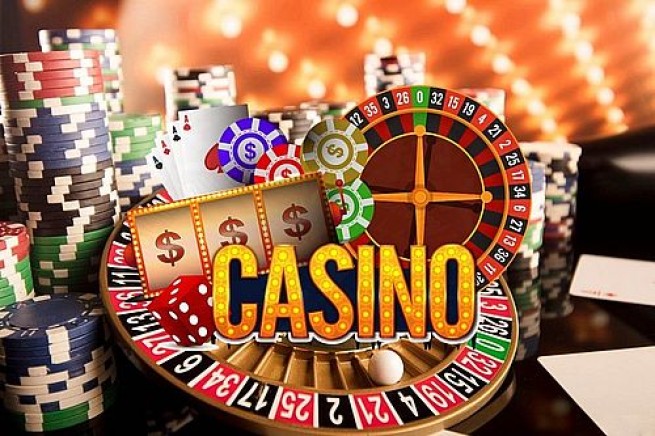
The Evolution of Music: A Journey Through Time
The history of music is as rich and diverse as humanity itself. From primitive beats made with stones and sticks to the complex symphonies of today, music has evolved significantly over the centuries. This article explores the evolution of music, highlighting its various genres and their cultural significance. For lyrics to your favorite songs, you can visit Music azlyrics.us to find more.
Ancient Beginnings
Music has been a part of human life for thousands of years. Archaeological findings suggest that the oldest known musical instruments date back to around 35,000 years ago. Early humans likely used simple objects, like bones and stones, to create rhythm. Over time, they developed more sophisticated instruments, including flutes made from animal bones and drums crafted from natural materials.
The Influence of Cultures
As civilizations grew, so did their musical expressions. Ancient cultures, such as the Greeks and Romans, recognized music’s importance in education and the arts. They introduced scales and musical notation systems that allowed for more complex compositions. Music became intertwined with literature and drama, leading to the creation of operas and theatrical performances.
The Middle Ages and Renaissance
The Middle Ages saw the rise of Gregorian chant, which emphasized monophonic, unaccompanied vocal music. This period laid the foundation for Western music, as church music became a central aspect of spiritual life. The invention of musical notation allowed composers to write down their works, ensuring their preservation for future generations.
The Renaissance marked a turning point in music history, as polyphony — the simultaneous combination of multiple voices — became popular. Composers like Josquin des Prez and Giovanni Pierluigi da Palestrina experimented with harmonies and rhythms, creating intricate compositions that elevated the art form.
The Baroque to Classical Era
The Baroque period introduced new musical forms, such as the concerto and the opera. Composers like Johann Sebastian Bach and George Frideric Handel epitomized this era with their complex compositions that showcased emotional depth and technical skill. The Classical era that followed emphasized clarity and balance in music, with figures like Wolfgang Amadeus Mozart and Ludwig van Beethoven leading the way. This period also saw the development of the symphony and sonata forms.
The Romantic Era and Beyond

The Romantic era, spanning the 19th century, focused on personal expression, emotions, and the human experience in music. Composers such as Frédéric Chopin and Pyotr Ilyich Tchaikovsky infused their works with nationalistic themes and lyrical melodies that resonated deeply with audiences. This era also saw the rise of the virtuoso performer, who showcased not just technical skills but also emotional expression.
The Birth of Modern Music
The 20th century brought about significant changes in music with the advent of technology. The introduction of the radio, phonograph, and later, digital recording changed how music was produced, distributed, and consumed. Jazz emerged as a revolutionary genre, blending African rhythms with European musical traditions.
Rock and roll, which emerged in the 1950s, became a defining genre of the modern era, reflecting societal changes and challenging cultural norms. Artists like Elvis Presley and The Beatles revolutionized the music industry, combining various influences and appealing to the youth culture of the time.
Genres and Their Impact
The evolution of music has given rise to numerous genres, each with its representation of societal values, struggles, and innovations. Hip-hop emerged from the streets in the late 20th century, providing a voice for marginalized communities and becoming a global phenomenon that impacts culture and politics. Electronic music evolved with advancements in technology, reshaping the landscape of popular music.
Music in the Digital Age
Today, music is more accessible than ever. Streaming platforms have revolutionized how we listen to and discover music, giving rise to a plethora of artists who can reach audiences worldwide. Social media has also transformed music promotion, allowing artists to connect directly with their fans and bypass traditional gatekeepers.
The Future of Music
As we look to the future, the evolution of music is bound to continue. New genres and musical fusions will emerge, reflecting the ever-changing landscape of society and technology. Artificial intelligence and machine learning may play significant roles in music creation and production, opening up new avenues for artistic expression.
Conclusion
The journey of music through time is a testament to human creativity and resilience. It reflects our shared experiences, emotions, and cultural identities. As music continues to evolve, it will undoubtedly adapt to the changing world while remaining an essential part of life. Whether through melodies that bring joy or lyrics that resonate with our struggles, music will always remain a universal language that connects us all.
Laisser un commentaire